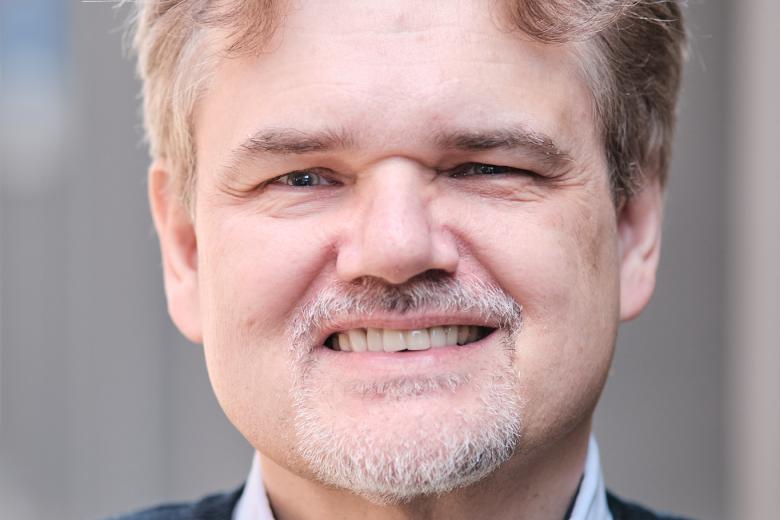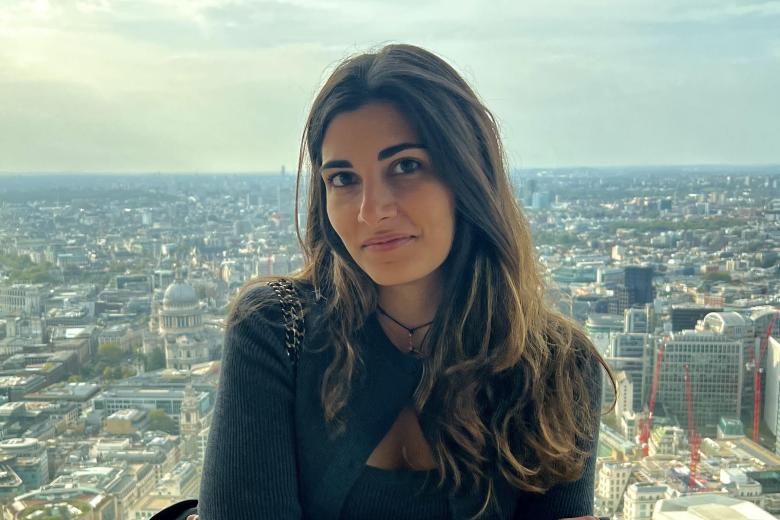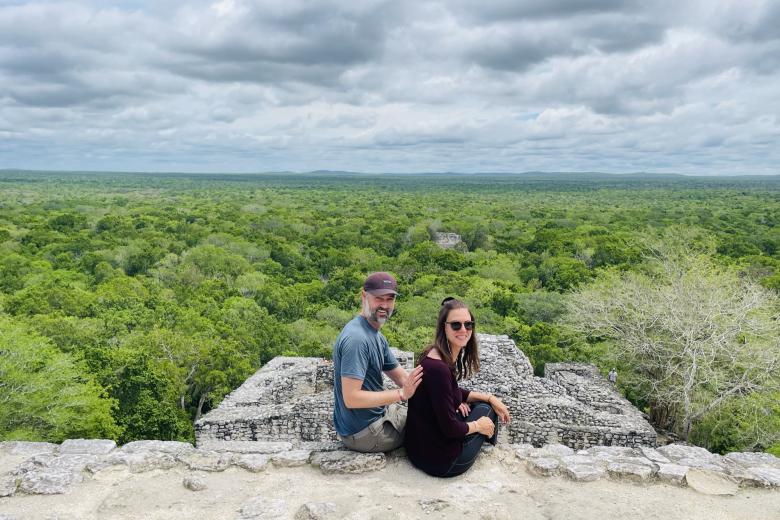Prof. dr. Corine de Ruiter and Dr. Henry Otgaar receive ZonMw grant for research on the efficacy of a new child interview protocol at Veilig Thuis
This week the news reached the Faculty of Psychology and Neuroscience that the application for a grant has been approved for the project Improvement of fact finding in child abuse cases at Veilig Thuis: Implementation and evaluation of the NICHD protocol compared to current practices.
The amount of child abuse reports is increasing, and these reports are oftentimes picked up by the Veilig Thuis organisation. Veilig Thuis assesses the reports of abuse and if they deem it serious enough judicial steps are taken and the police is contacted. The most important question then is: what exactly happened?
The police is currently in charge of the fact finding, investigating what really happened. However, research into human memory has shown that, to obtain the most reliable information, children should be interviewed as soon as possible as memories will then still be quite detailed. Veilig Thuis is frequently the first point of contact, but at this moment they don’t have the training to conduct an effective fact finding interview. This is where the research done by De Ruiter and Otgaar(CPS) comes into play. They will test a way of interviewing alleged child victims in order to yield the most reliable information.
Many cases of child abuse are reported, but investigations often reach a dead end because the information given by the children is not detailed, or clear enough. This leads to many false negatives: something happened, but because of vague children’s statements, cases are then dropped.
The grant will subsidise the training of Veilig Thuis personnel in this interview protocol, and allow the researchers to investigate whether this protocol indeed leads to more useful information which then could potentially be used for setting up a treatment plan or for contacting the police.
Special thanks to Dr. Henry Otgaar
Also read
-
How do we imagine? ERC Advanced Grant for Prof. dr. Rainer Goebel (FPN)
FPN’s prof. dr. Rainer Goebel has been awarded an ERC Advanced Grant of € 2,5M for his research project Reading the Mind’s Eye: AI inspired personalised brain models of mental imagery. Goebel is among 255 researchers (out of 1829 applications in all domains) in Europe to receive the grant, and he is...

-
Eleonora Broggi - What happens in the brain of someone with a neurodevelopmental condition
What happens in the brain of someone with a neurodevelopmental condition? Eleonora Broggi, an alumna of the bachelor Biomedical Sciences at Maastricht University, is investigating brain patterns in autistic people at King’s College London. Read how Eleonora uses Biomedical Sciences for her career in...

-
A sustainable world tour as sabbatical
Carolin Muschalik and Lukas Figge-Muschalik met in 2014, when Lukas was doing a PhD and Carolin was finishing her master’s at Maastricht University. One year ago they left on a trip around the world, intending to explore, enjoy life and satisfy their curiosity, but also to contribute to a more...
